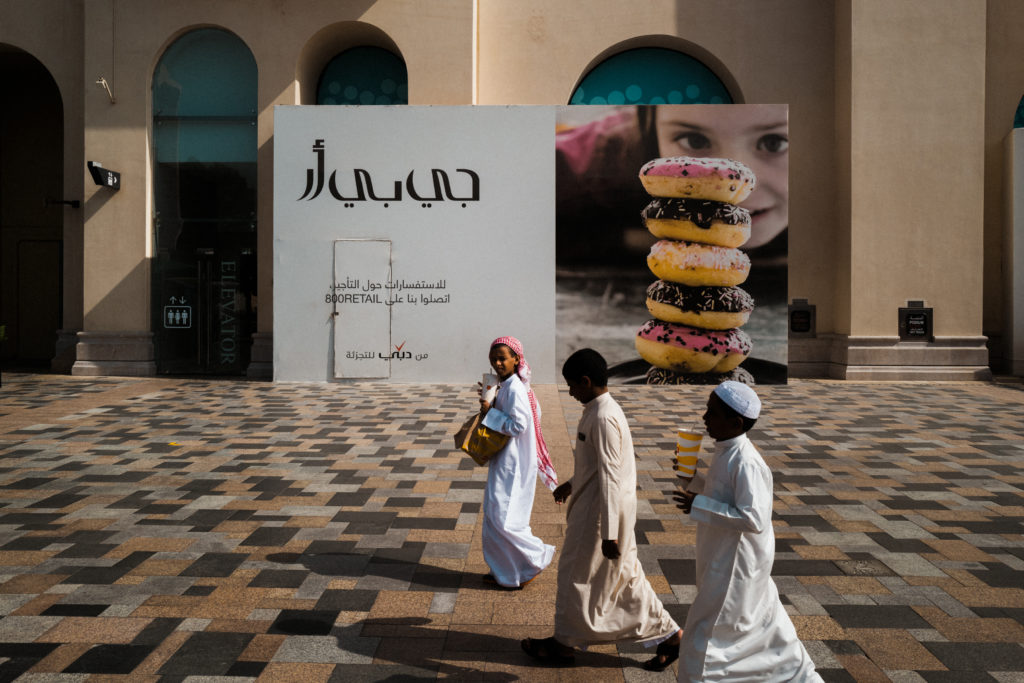São Paulo – The International Policy Centre for Inclusive Growth (IPC-IG) is carrying out a project to map social protection responses to the COVID-19 crisis in the Gulf Cooperation Council (GCC) countries. The IPC-IG is an organization created from an agreement between the United Nations Development Program (UNDP) and the federal government of Brazil to contribute to public policies to foster development.
The Gulf study expects to draw together lessons learned during the coronavirus pandemic, successes, and failures, to assist shock-sensitive social protection policies and programs. The project aims to map the social protection responses to the pandemic implemented by Bahrain, Kuwait, Saudi Arabia, and the United Arab Emirates.
According to information released by the United Nations (UN), the governments of the GCC countries have enacted fiscal and monetary policies with different social protection measures, mainly focused on protecting the employment and livelihoods of citizens, even though the responses have been immediate and substantial, solid evidence is needed to measure how effective and equitable they were.
The IPC-IG conducts the study in partnership with the United Nations Children’s Fund (UNICEF) Gulf office and UNICEF’s regional office for the Middle East and North Africa (MENA). Recommendations will be given on adjustments and improvements to make existing social protection systems in each country more equitable and sensitive to shocks and vulnerable populations.
Translated by Elúsio Brasileiro




